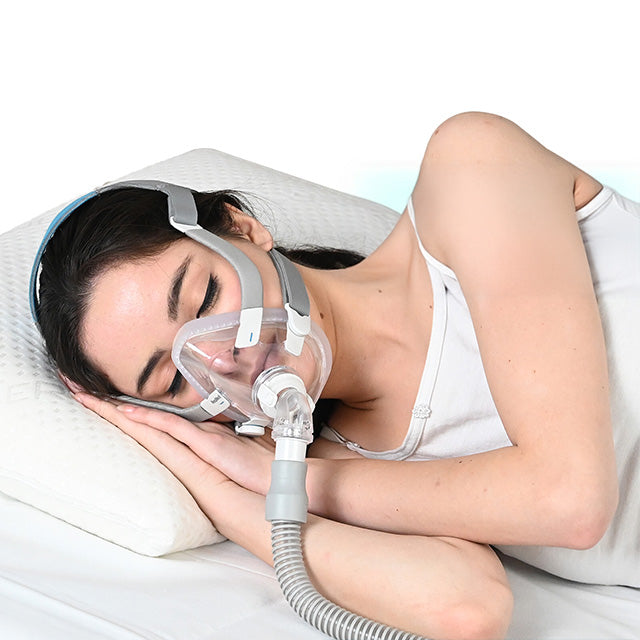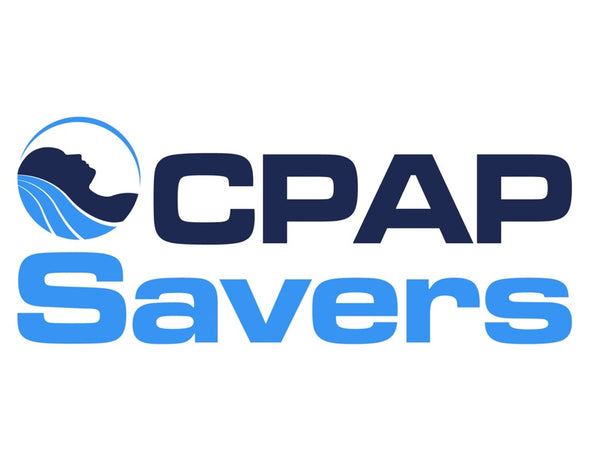
Why Using a CPAP Machine Can Change Your Life: A Beginner’s Guide
Share
Introduction
If you're new to sleep apnea or just starting with a CPAP machine, you're not alone. Millions of people use CPAP therapy every night to improve their sleep — and their life.
In this blog, we'll explain what CPAP is, why it's essential, and how to make your experience comfortable from the start.
What Is a CPAP Machine?
A CPAP (Continuous Positive Airway Pressure) machine helps people with obstructive sleep apnea breathe easier at night. It delivers a constant stream of air through a mask to keep your airways open.
Why Is It So Important?
Untreated sleep apnea can lead to:
- Daytime fatigue
- High blood pressure
- Heart disease
- Poor concentration
- Mood swings
Using a CPAP machine regularly can help prevent these issues and dramatically improve your sleep quality and overall health.
Beginner Tips for a Comfortable Start
- Choose the Right Mask: Everyone’s face is different. Try nasal, full-face, or nasal pillow masks to see what works best.
- Clean Regularly: Wash your mask and tubing to prevent germs and odors.
- Start Slow: Wear your mask for short periods during the day to get used to it.
- Use Humidification: Most CPAP machines have a humidifier to keep your throat from drying out.
- Be Consistent: It may take time to adjust, but sticking with it makes a huge difference.
Common Myths About CPAP
- “It’s uncomfortable.” — With the right CPAP mask and settings, most people adjust quickly.
- “It’s noisy.” — Today’s machines are quiet and compact.
- “I don’t need it every night.” — Regular use is what brings the best results.
Final Thoughts
Using a CPAP machine can feel like a big step, but it’s one of the most effective ways to treat sleep apnea and protect your health. Don’t give up — it gets easier.
🛒 Need a mask or accessories?
Explore our CPAP essentials →
**This article is reviewed by our in-house CPAP support team to ensure accuracy
